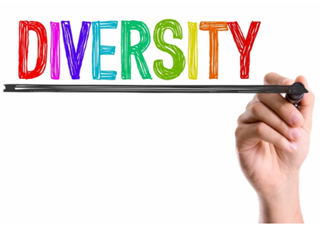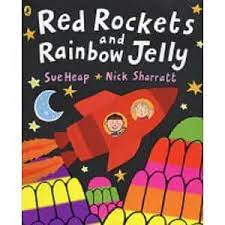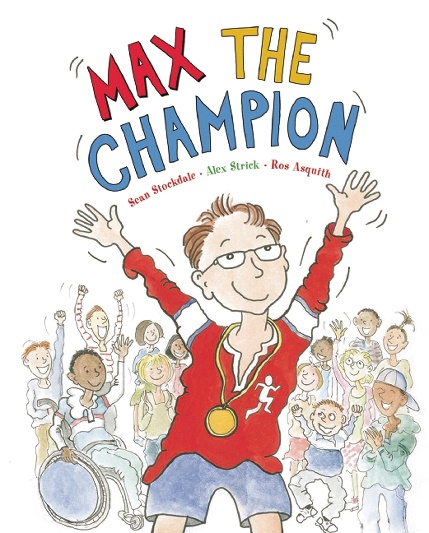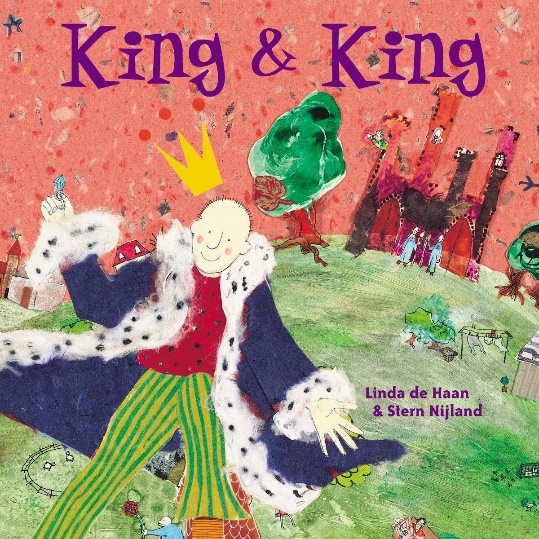No Outsiders
.png) We welcome everyone at Regent Farm, there are no outsiders. Everyone in our community is different and we teach our children that this is something that should be celebrated! Our school celebrates diversity and are committed to the principles of inclusion and equality; we aim to ensure that every member of the school community feels valued and respected.
We welcome everyone at Regent Farm, there are no outsiders. Everyone in our community is different and we teach our children that this is something that should be celebrated! Our school celebrates diversity and are committed to the principles of inclusion and equality; we aim to ensure that every member of the school community feels valued and respected.
'No Outsiders' is a programme which aims to educate children about diversity within our communities and addresses issues such as sexism, ageism, race and different types of families. We are a caring community where values are built on mutual trust and respect for all regardless of race, religion, ethnicity, sexual orientation, gender identity, disability, age or gender. By teaching children the important of inclusion, we are preparing your children for life in modern Britain.
No Outsiders compliments our Personal, Social, Health and Emotional (PSHE) curriculum and will be taught through a series of picture books addressing the different areas of the Equality Act. This part of the curriculum links to British Values and Social, Moral, Spiritual and Cultural learning (SMSC). As this is part of the school curriculum, every child takes part. It challenges stereotypes and the use of derogatory language and enables children to develop an understanding of people and communities beyond their immediate experience.
No Outsiders Core Values:
- Respect for diversity through education in schools.
- Commitment to community cohesion through understanding and acceptance of difference.
- Promotion of dialogue to counter fear and hate in society.

Frequently Asked Questions
What do I say when my child comes home and asks “how do two men have a baby?”
Lots of people have babies in different ways like fostering or adoption. They are still a family regardless of how the children arrive. They still love and look after their children the same as if they have given birth to a child.
Are primary children too young to be taught about gay and lesbian relationships?
We are choosing to teach our children to be respectful of all choices people make. Whether this is sexual orientation, gender choices or fashion choices! Also, some children in our school grow up in same sex families and their families should be represented just as much.
Are you teaching gay lessons?
We are teaching about equality and the values that are reflected by British law.
Can I remove my child from these lessons?
No. Relationship education is statutory. If you are worried about the content please talk to your class teacher or Mrs Moore about your concerns.
My religion says being gay is wrong
We understand and respect your beliefs. We are teaching the children about the world around them and that gay and lesbian people exist. In Britain society is diverse and the children need to know that diversity exists, even if their religion disagrees with it.
Early Years Example Lesson
 For this lesson we use the story Red Rockets and Rainbow Jelly, written by Sue Heap and Nick Sharratt. Our learning intention of for the children to understand that it’s okay to like different things. First, we might get the children to discuss something like their favourite fruit. They will find very quickly that they all have a different favourite! Then after the book, the class would discuss the fact that the two main characters from the book were still friends after we discovered they had a lot of differences! This lesson helps open children's minds to the fact that there may be vast differences between themselves and the people around them.
For this lesson we use the story Red Rockets and Rainbow Jelly, written by Sue Heap and Nick Sharratt. Our learning intention of for the children to understand that it’s okay to like different things. First, we might get the children to discuss something like their favourite fruit. They will find very quickly that they all have a different favourite! Then after the book, the class would discuss the fact that the two main characters from the book were still friends after we discovered they had a lot of differences! This lesson helps open children's minds to the fact that there may be vast differences between themselves and the people around them.
Key Stage One Example Lesson
 For this lesson we would read Max the Champion, written by Nick Sean Stockdale. Our learning intention would be for the children to understand that everyone’s body works in a different way. It introduces children to the notion of a disability.
For this lesson we would read Max the Champion, written by Nick Sean Stockdale. Our learning intention would be for the children to understand that everyone’s body works in a different way. It introduces children to the notion of a disability.
We would read the story of “Max the champion” and talk to the children about what kind of person Max is. We would ask the children to think about Max and his friendships, personability and emotions. We would then talk about Max’s body; is there anything different about Max? For example, by looking at the page where Max shows his art pictures we can see he needs help to breathe. We would then ask, is there anything else different about Max? Max is wearing a hearing aid; what is a hearing aid and how does it help Max? Has anyone is the class got any experiences of inhalers or hearing aids that they could share? How do these things help the child? Do we have any other differences in our class or school?
Key Stage Two Example Lesson
For this lesson we would read King and King, written by Linda de Hann and Stern Nijland. Our learning intention would be for the children to understand why people get married.
 First, we would discuss the word marriage. Do any children know anyone who is married? Have they been to a wedding themselves? This is a great opportunity for children to discuss their own experiences. Then after we have read the story, we might look at famous examples of married couples such as the Royal Family. We would discuss that when two people love each other, they have the right to get married in this country.
First, we would discuss the word marriage. Do any children know anyone who is married? Have they been to a wedding themselves? This is a great opportunity for children to discuss their own experiences. Then after we have read the story, we might look at famous examples of married couples such as the Royal Family. We would discuss that when two people love each other, they have the right to get married in this country.
